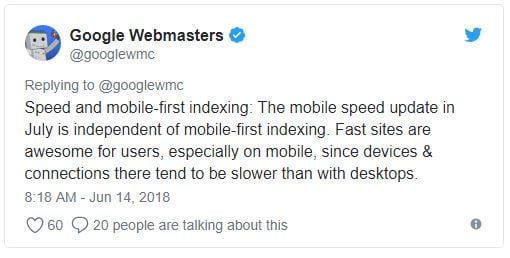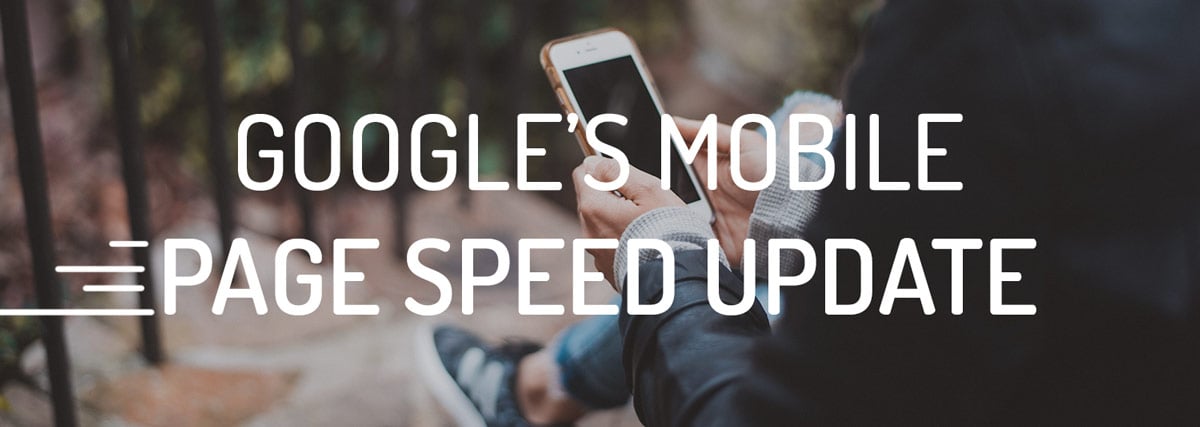Grab a coffee, or a cup of tea if that’s your jam, and sit down with me to have a little conversation about what Google has been up to for last few months and what they have up their sleeve for summer. Let’s begin by being honest: we want relevant information at our fingertips, immediately. I know that I personally get unreasonably hostile when a web page doesn’t open within milliseconds of me clicking into it. If I watch the loading bar creep and crawl as the page desperately tries to open, I just immediately want to give up and move on (which I know sounds completely...unreasonable!). You definitely don’t want your website visitors to feel like me. You likely want the people visiting your site to be able to find the answers to their questions as fast as possible! You want them to have a really great experience, to come back, or even recommend you to a friend. Google feels the same way.
Ranking Signals, Mobile First Indexing, and Other Thoughts
Back in January, Google announced a new ranking algorithm designed for mobile search called the “Speed Update” for July 2018. Now that July is around the corner, let’s discuss what that means for your site. While page speed has been a ranking signal for desktop searches for some time now, Google is rightly rolling out an algorithm the will affect mobile searches as well.
We know that mobile usage over the last couple years has had a staggering increase and Google has been backing that up with algorithm updates like the one earlier this year, Mobile First Indexing. Google is methodically ensuring the mobile experience is a really good one.
What is the Google Speed Update All About?
Here’s the deal. The “Speed Update” aims to encourage developers to think holistically about how performance affects a user’s experience and to consider a number of user experience metrics. This update will only affect pages that deliver the slowest experience to users and, Google claims, it will only affect a small percentage of queries.
If your site is built with page speed in mind across all devices and your pages are filled with highly relevant content, there is nothing to worry about with this update. If anything, your rankings might even improve.
How Do I Know If My Website is Too Slow in Google’s Eyes?
Google recommends using the PageSpeed report to measure page speed and make improvements (they have also recommended this tool, LightHouse). These tools will offer recommendations for development and SEO improvements.
The Hostess with the Mostess
Let’s wrap up our chat with a final note about web hosting. Your server response time is affected by the amount of traffic your site receives, the software your server uses, the resources that each page of your site uses as well as the hosting solution that you use for your site. The optimal server response time is under 200ms so to improve your server response time, look for performance bottlenecks like slow database queries, slow routing, or a lack of adequate memory and fix them. Most importantly, gone are the days of being frugal when it comes to hosting. Right now is the time to consider reliable website hosting solutions with high-quality customer service to back it up.
If you are curious about what to look for in hosting solutions or having questions about your website’s mobile page speed contact Page One and we would be happy to help you!

